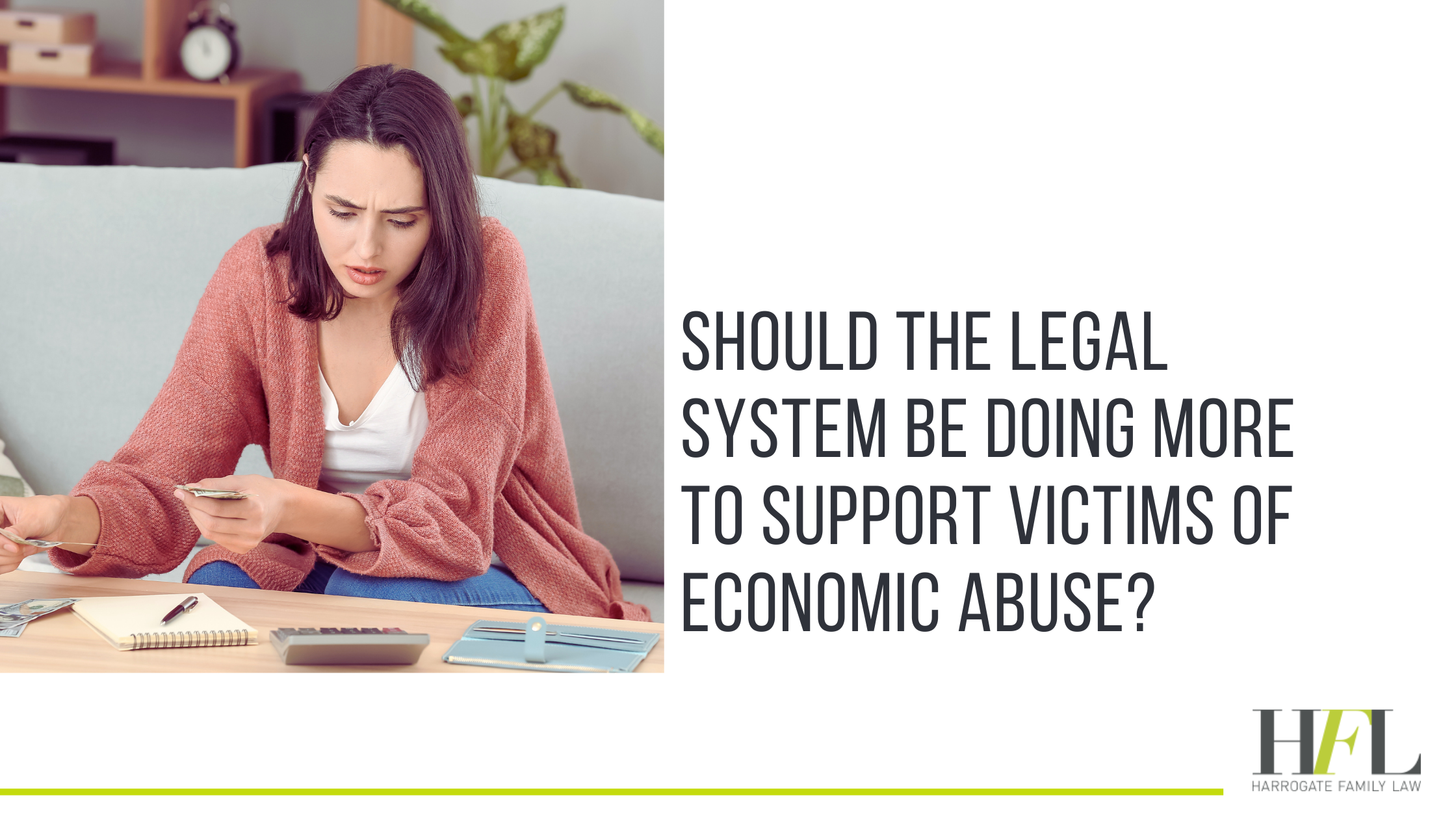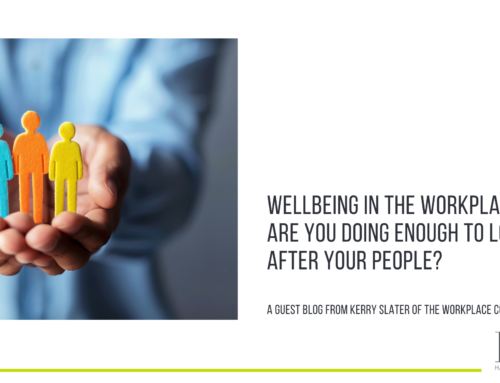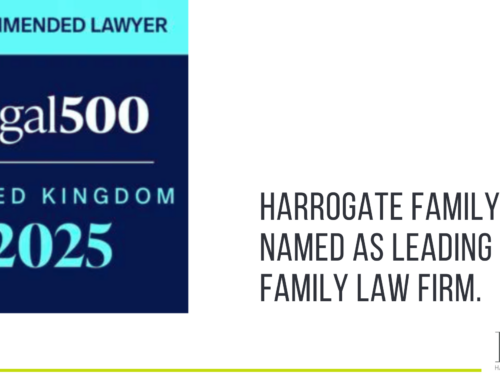Resolution recently published its latest report, ‘Domestic abuse in financial remedy proceedings’. With responses from over 500 family law professionals, including barristers, financial planners, solicitors, and mediators, it raises an interesting question: is our legal system doing enough to support the victims of economic abuse?
What is economic abuse?
It’s not always easy to spot the signs of economic abuse in a relationship. Incidents may start small and happen over a long period of time.
Common signs include:
- Someone trying to control their partner’s finances – limiting access to bank accounts or statements, for example
- Spending money freely while controlling how their partner spends
- Limiting their partner’s ability to work or have their own independent finances
- Controlling shared assets or behaving in a secretive way when it comes to shared accounts or finances
A growing problem
As many as 80% of the legal professionals who responded to Resolution’s survey believe that the family courts do not pay enough attention to economic abuse during financial remedy proceedings and the devastating impact it can have.
Some other striking statistics include:
- 85% of respondents believe that economic abuse is not taken into account enough for claims under Schedule 1 of the Children Act 1989. These are claims by parents or any other person who looks after a child for financial support and
- Nearly 90% believe this to be the case for cohabiting couples.
Concerns are also on the rise about a lack of legal aid for those who have escaped abusive relationships and are trying to start over in very challenging circumstances. There needs to be a fundamental understanding that many victims have fled, leaving them extremely vulnerable and financially tied to their former partner.
Post-separation economic abuse
Unfortunately, ‘post-separation abuse’ is a very real problem. It covers things like withholding funds, hiding assets, delaying proceedings, bullying behaviour and avoiding court orders, to name just a few behaviours that make it difficult for victims to separate from an abusive spouse – for good.
Almost two-thirds of the survey respondents reported economic abuse as an issue in over 21% of their cases. In addition:
- 42% said that between 21% and60% of their cases involve some form of non-disclosure (hiding assets).
- 17% said that between 21% and 40% of their cases see someone failing to comply with a court order.
Can the legal system do more to support victims of domestic abuse?
Earlier this year, the Resolution National Conference invited over 120 family law barristers, solicitors, and mediators to discuss what changes could improve the legal outcomes for victim-survivors.
There were several recommendations:
Improved access to legal representation
One of the main changes proposed was improving access to legal representation for victim-survivors, either through legal aid or through the money generated from an LSPO (legal services payment order, where one person must pay towards the other’s legal services. This is common where one partner may not be in a position to afford legal representation independently).
Improved mediation and non-court dispute resolution processes
Some participants shared that victim-survivors had been pressured into mediation (and sticking with it) despite ongoing abuse and feeling intimidated by their ex-spouse or partner.
Whilst we acknowledge the valuable role mediation and other NCDR options can play, we’ve also been very clear here at Harrogate Family Law that it is not a one-size-fits-all solution for all clients. There must be safeguards in place to protect the psychological and physical safety of everyone involved.
Questions were asked about how we can help mediators recognise those risks and decide whether the process should continue.
Dealing with non-disclosure early
For financial remedy negotiations or proceedings to be fair, each party must agree to give ‘full and frank disclosure’ about their financial situation. Failure to do so is now considered economic abuse under the Domestic Abuse Act 2021.
Among the respondents in this report, there were strong calls for more effective ways to manage non-disclosure and for it to be done as early as possible. Suggestions included:
- Cost orders.
- A more streamlined process for third parties to follow when providing information.
- Improved cooperation from other agencies involved. HMRC and the Child Maintenance Service are just two examples.
To read the full report by Resolution, click here. If you’d like to know more about working with Harrogate Family Law, please contact us now.






